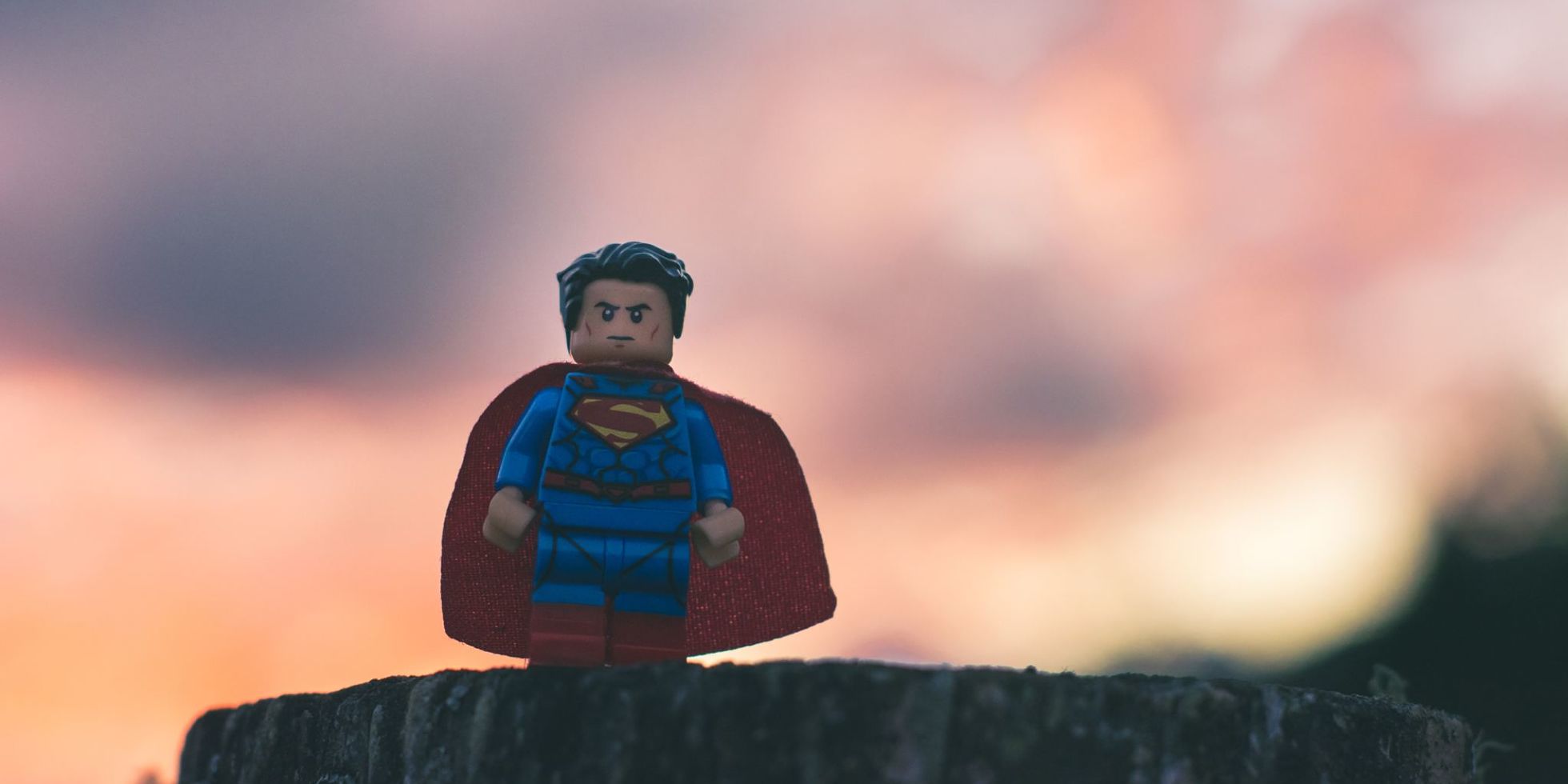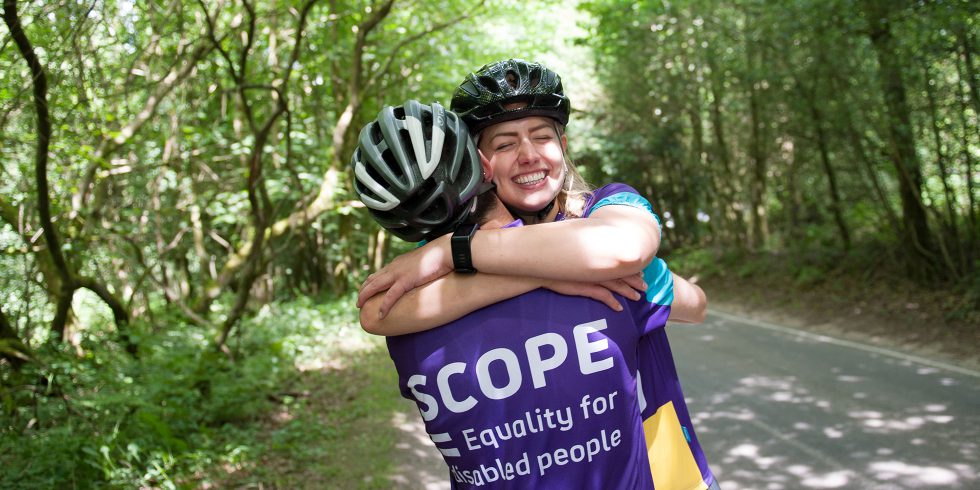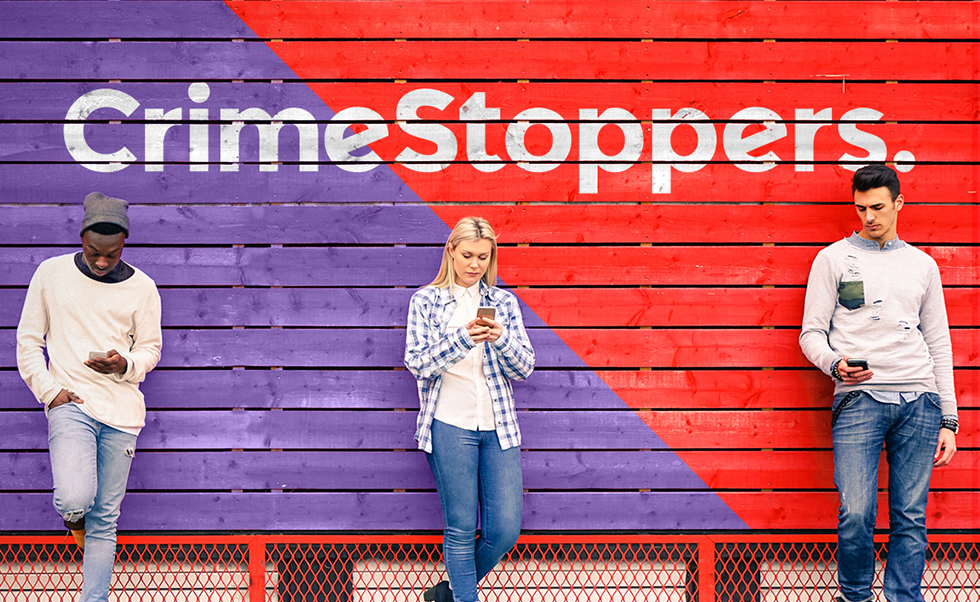What is a brand archetype and how do I define mine?

This blog explores how you can use archetypes to define a brand’s personality and enhance your own personal brand.
What is a brand archetype?
When developing a brand strategy, I often find the brand has a confused personality to begin with, described by a hodgepodge of contradictory adjectives. But if having a clear brand personality is one way to differentiate a brand, and the way to grow a charity brand according to ACA Philanthropy and Fundraising, how do you go about defining one? The answer is often brand archetypes.
Brand archetypes is a theory adopted by brand strategists from Carl Jung, a Swiss psychiatrist and psychoanalyst. He said that if you study myths and legends, similar narrative structures and characters emerge. Think the ruler, the outlaw, the lover and the explorer. These ‘archetypes’ resonate strongly with us as they are frequently used by authors and film-makers. Jung believed that archetypes have become hardwired in our psyche and have a power that transcends time and culture.
From a brand perspective, while it is important to have a good product or service, it is often the brand strategy and brand positioning that gives a company a competitive advantage. At the heart of every brand strategy is a compelling story built around an emotive personality or character. The theory is that if we can build a brand around a clear personality, it will help audiences to understand its role in the world and can build brand salience.
“So, we buy Nike sports shoes not just because they offer a performance benefit. We are also buying a story rooted in the history of sporting endeavour, and a chance to join the gods of sporting prowess. In other words, Nike isn’t just selling shoes; it is selling a life meaning that no one else can offer”.1
“Similarly, Harley-Davidson doesn’t just sell motorbikes, but the story of you as a Hell’s Angel on the wide, open roads of America, even if you live somewhere completely different.” Personally, I may choose to support the charity RNLI as I fancy myself as a hero, one of the lifeboat crew of the Coastguard, saving lives at sea. Just don’t tell anyone!
How can you use brand archetypes in brand strategy development?
In the early stages of a brand development process, I commonly conduct market analysis to assess the personalities of different brands in a market. I also often use a pack of brand archetype cards in stakeholder interviews and workshops to identify an aspirational personality for the brand I am developing. A quick Google search will throw up a host of archetype wheels and charts. People often struggle to pick just one, but narrowing down the options helps to provide direction. I might also look at challenger brand narratives for inspiration, to see if I can push the brand strategy and story further.
It’s rarely a case of picking out an existing archetype, but they can provide a stepping stone towards creating a unique brand personality.
Rightmove became a Friendly Expert so it could easily flex its tone of voice for customers (estate agents) and consumers (home buyers). This was driven by its purpose of empowering the UK’s property decisions by helping people find a happy home.
When we were working with Scope (Third Sector Excellence Award Best Brand Development 2019 Winner), using archetypes in a workshop with leadership, and challenging ourselves by studying challenger brand narratives, inspired their personality – Disability Gamechangers.

When working with Blind Veterans UK, their supporters wanted to hear more about the transformational impact of the charity’s work, while beneficiaries appreciated the strong sense of community camaraderie, leading to the personality Team Transformation.
When working on the merger of Beating Bowel Cancer and Bowel Cancer UK (Third Sector Award shortlisted contender), we were struck by how the cancer charity sector was dominated by fighting talk. For this reason, we needed to achieve a healthy dose of human authenticity, which led to the personality – Heroes of Hope.
When working with Crimestoppers, we were struck by how austere and finger-pointing the old brand was. We identified the need to create a more positive campaigning brand with people at its heart, which led to the Community Champions personality.

How can you use archetypes to develop your own personal brand?
We often spend so much time fixated on developing the brands we are responsible for managing, that we forget to think of our own brand persona as brand managers. But the personality of the Brand Manager behind a brand can make a big difference to its success.
I was once asked in an interview: what’s your brand proposition? A great question I’ve since adopted. “Make it happen”, I said without hesitation – evoking Nike’s Just do it attitude. But, with every job that’s to be done, there is an element of fun, so I dare say there is also a dose of Mary Poppins in my own brand archetype. Ssshh!
I brand myself as a ‘Creative Strategist’ for a reason, as I believe brand development works better when brand strategy and creative work together. While I pride myself on delivering brand strategies with emotion and clarity, I am a ‘creative-type’ and want to collaborate to bring the brand strategy to life through tone of voice, visual identity design, UX and CX.
I may be a Strategist – a ‘thinker’ as they often call us. But I love the collaborative process of working with designers to translate a brand idea and story into creative. It’s why I love working with the Team – along with the knowledge that I have teammates alongside me with the right expertise to bring a Brand Purpose to life inside and out.
So, if you’ve never thought of your personal brand strategy, I’d encourage you to ask yourself the follow questions:
My purpose: Why do I get up for work each day and what’s the impact I want to make?
My proposition: What do I promise to deliver for me and my employer, my colleagues or clients?
My personality: What personality do I want to convey in my professional life? Or what’s my brand archetype?
My principles: What are the principles (or values) that guide the way I behave or communicate?
Once you’ve finessed it, keep it as a reminder to guide your personal brand. Mine helps me to stay grounded and grow as the Strategist I want to be.
So, if your brand needs a new personality, please get in touch and we’ll grab our archetype cards.
1https://www.warc.com/content/paywall/article/who_is_your_brand_and_what_is_its_story/78227





